January 24, 2022 | Deborah Kotz
Research Aims for Further Understanding of How Immune Regulatory Cells Work to Suppress Immune Response
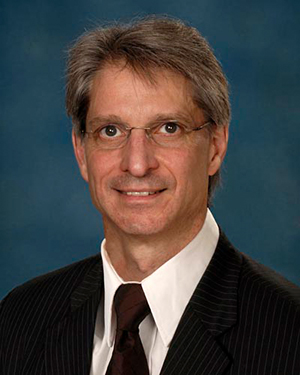 University of Maryland School of Medicine (UMSOM) Dean E. Albert Reece, MD, PhD, MBA announced today that Jonathan Bromberg, MD, PhD, Professor of Surgery and Vice Chair for Research in the Department of Surgery, has received a prestigious award from the National Institutes of Health (NIH) for his research into how the immune system regulates itself in the area of transplantation. The $2.3 million grant will enable him to learn more about how the immune system’s gatekeepers, called regulatory T cells, work to suppress the body’s immune response.
University of Maryland School of Medicine (UMSOM) Dean E. Albert Reece, MD, PhD, MBA announced today that Jonathan Bromberg, MD, PhD, Professor of Surgery and Vice Chair for Research in the Department of Surgery, has received a prestigious award from the National Institutes of Health (NIH) for his research into how the immune system regulates itself in the area of transplantation. The $2.3 million grant will enable him to learn more about how the immune system’s gatekeepers, called regulatory T cells, work to suppress the body’s immune response.
Gaining a fuller understanding of this process could lead to the development of more targets for anti-rejection drugs in transplant patients. Such drugs would prevent organ rejection without suppressing the entire immune system. Current immunosuppressant drugs leave patients susceptible to circulating infections and renders immunizations, like the COVID vaccine, less effective.
“We are attempting to identify the process by which regulatory T cells act like a gating mechanism to enable or prevent other immune cells from traveling through the body via the lymphatic system,” said Dr. Bromberg. “Gaining insight into the interaction between the regulatory cells and lymph system could lead to more targeted treatments that would manipulate the immune system in a more specific way.”
Dr. Bromberg’s NIH R01 research grant was converted into a MERIT Award by the Director and Staff of the Division of Allergy Immunology and Transplantation in the NIH’s National Institute of Allergy and Infectious Diseases. A MERIT Award (by prior definition) is the automatic conversion of a requested 5-year grant application to a 10-year grant award. This style of grant award is highly uncommon and awarded to the most outstanding scientists in their field. These researchers have demonstrated superior competence and outstanding productivity.
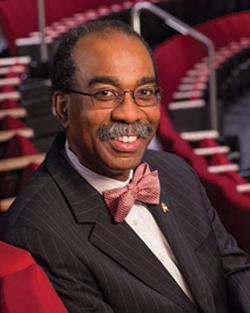 Dr. Bromberg has been involved in basic cellular and molecular transplant immunology for 25 years, and has authored more than 300 studies on immunity and transplantation. His laboratory at UMSOM, which has appoximately $2 million in annual research funding, has been continuously funded by NIH. He also maintains an active clinical practice in solid organ transplantation, and is involved in several clinical trials involving novel treatments for kidney transplant patients, including biomarkers, immunosuppression, and organ preservation. Before joining the UMSOM faculty 11 years ago, he was a Professor of Surgery and Gene and Cell Medicine, and Surgical Director of Kidney and Pancreas Transplantation, at the Mount Sinai School of Medicine and Mount Sinai Hospital.
Dr. Bromberg has been involved in basic cellular and molecular transplant immunology for 25 years, and has authored more than 300 studies on immunity and transplantation. His laboratory at UMSOM, which has appoximately $2 million in annual research funding, has been continuously funded by NIH. He also maintains an active clinical practice in solid organ transplantation, and is involved in several clinical trials involving novel treatments for kidney transplant patients, including biomarkers, immunosuppression, and organ preservation. Before joining the UMSOM faculty 11 years ago, he was a Professor of Surgery and Gene and Cell Medicine, and Surgical Director of Kidney and Pancreas Transplantation, at the Mount Sinai School of Medicine and Mount Sinai Hospital.
“I want to extend my congratulations to Dr. Bromberg on this extraordinary recognition for the innovative research he has been conducting in the field of transplantation,” said E. Albert Reece, MD, PhD, MBA, Executive Vice President for Medical Affairs, UM Baltimore, and the John Z. and Akiko K. Bowers Distinguished Professor and Dean, University of Maryland School of Medicine. "The new insights yielded through his studies will improve the lives of our nation’s most vulnerable patients with suppressed immune systems.”
About the University of Maryland School of Medicine
Now in its third century, the University of Maryland School of Medicine was chartered in 1807 as the first public medical school in the United States. It continues today as one of the fastest growing, top-tier biomedical research enterprises in the world -- with 46 academic departments, centers, institutes, and programs, and a faculty of more than 3,000 physicians, scientists, and allied health professionals, including members of the National Academy of Medicine and the National Academy of Sciences, and a distinguished two-time winner of the Albert E. Lasker Award in Medical Research. With an operating budget of more than $1.2 billion, the School of Medicine works closely in partnership with the University of Maryland Medical Center and Medical System to provide research-intensive, academic and clinically based care for nearly 2 million patients each year. The School of Medicine has nearly $600 million in extramural funding, with most of its academic departments highly ranked among all medical schools in the nation in research funding. As one of the seven professional schools that make up the University of Maryland, Baltimore campus, the School of Medicine has a total population of nearly 9,000 faculty and staff, including 2,500 students, trainees, residents, and fellows. The combined School of Medicine and Medical System (“University of Maryland Medicine”) has an annual budget of over $6 billion and an economic impact of nearly $20 billion on the state and local community. The School of Medicine, which ranks as the 8th highest among public medical schools in research productivity (according to the Association of American Medical Colleges profile) is an innovator in translational medicine, with 606 active patents and 52 start-up companies. In the latest U.S. News & World Report ranking of the Best Medical Schools, published in 2021, the UM School of Medicine is ranked #9 among the 92 public medical schools in the U.S., and in the top 15 percent (#27) of all 192 public and private U.S. medical schools. The School of Medicine works locally, nationally, and globally, with research and treatment facilities in 36 countries around the world. Visit medschool.umaryland.edu
Contact
Deborah Kotz
410-706-4255 or 410-504-0054 (cell)
dkotz@som.umaryland.edu
Related stories
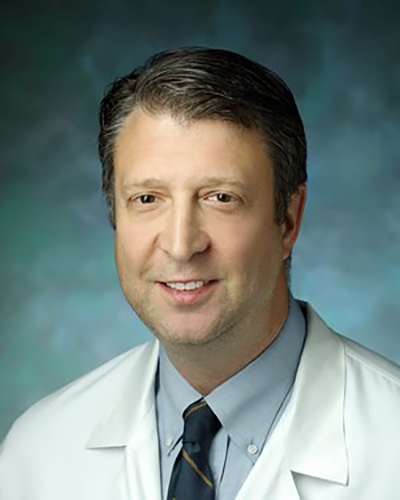
Tuesday, July 21, 2020
University of Maryland School of Medicine Names Renowned Trauma Surgeon-Scientist, Dr. David Efron, as Professor of Trauma Surgery and New Chief of Trauma
Thomas M. Scalea, MD, the Honorable Francis X. Kelly Distinguished Professor of Trauma Surgery and Director of the Program in Trauma at the University of Maryland School of Medicine (UMSOM), and Physician-in-Chief at the UM R Adams Cowley Shock Trauma Center, along with UMSOM Dean, E. Albert Reece, MD, PhD, MBA, announced today that David Thomas Efron, MD, one of the leading trauma surgeon-scientists in the U.S., will become the Inaugural Thomas M. Scalea Distinguished Professor of Trauma Surgery in the Department of Surgery, Chief of Trauma and Medical Director of the R. Adams Cowley Shock Trauma Center. He will begin his new position effective September 1.
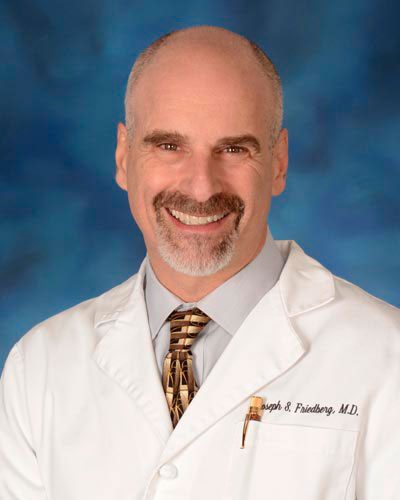
Thursday, January 31, 2019
University of Maryland School of Medicine Thoracic Surgeons Identify Lymph Nodes That May Help to Determine Prognosis for Patients with Pleural Mesothelioma
University of Maryland School of Medicine (UMSOM) surgeons have identified a group of lymph nodes in the chest that appear highly significant in predicting the prognosis for patients with malignant pleural mesothelioma – a deadly cancer of the chest lining that is usually caused by asbestos.
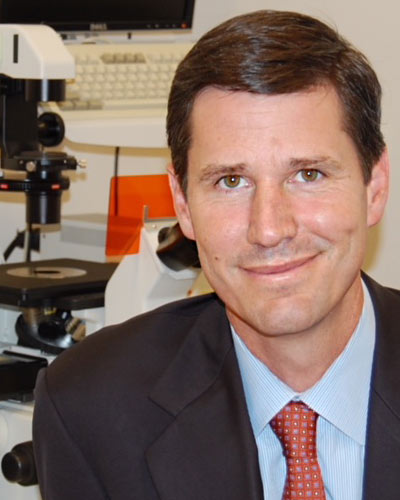
Thursday, June 07, 2018
Most Early-Stage Breast Cancer Patients with Intermediate Risk of Recurrence can Safely Avoid Chemotherapy
The majority of women with early-stage estrogen receptor (ER)-positive breast cancer, considered at intermediate risk of having their cancer recur based on a 21-gene test, can safely forgo treatment with chemotherapy, according to a large multicenter clinical study published in the New England Journal of Medicine.

